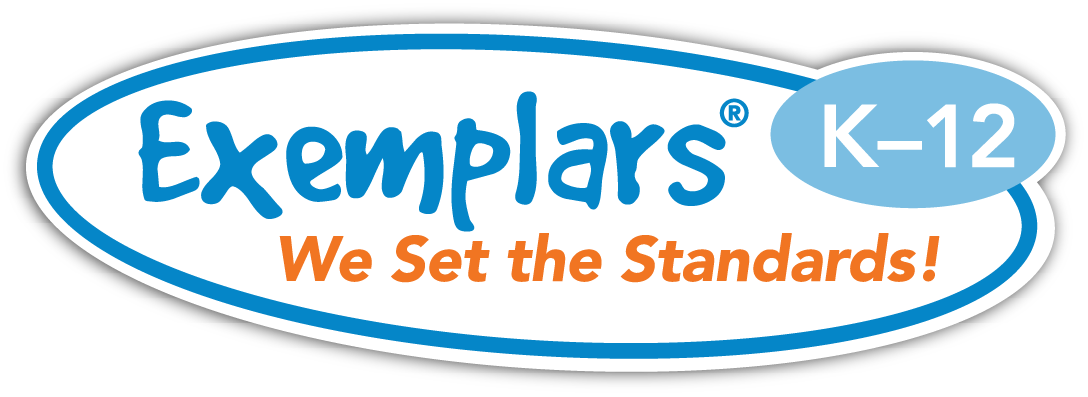So, we grabbed erasable markers and showed our thinking by writing at our desks and on laminated paper that was pinned to the wall. Students worked in groups and learned to share what they were thinking and ask each other questions instead of relying on the teacher. They learned to ask for a clue instead of saying, “I don’t get it.” Challenging one another, defending their answers, and reviewing and rethinking became the norm. “I don’t care if you get the right answer, I care if you think and try and talk” became my mantra.
Brains Engaged
Problem Solving in Two Languages
Written By Teresa Figgins, 5th-Grade Teacher, Oregon

There is a hum and an excitement throughout the 5th-grade classroom. Students are moving around the room having math conversations. Some of the things I hear are, “We got 42. You got 68. What did we do differently?” and “I think the entry point for this problem is the third equation.”
It’s a room full of mathematicians who can problem solve -- in two languages. My students read, write, speak and think in Spanish and English, often using a combination of both as they solve problems.
Creating this type of learning community took time and patience. We spent a lot of time learning about how our brains grow and change. We talked about how struggling with something is the best way to create brain growth. The students began to embrace a growth mindset, leaning in to the importance of struggle, and were willing to participate in deep thinking.
"Exemplars provided opportunities for deep math thinking in both languages. Differentiation was easy. ... Giving my students what they needed was so much easier."
This was a big change from the beginning of the year. I wanted to create a “thinking classroom,” but it was hard to find math problems that provoked deep thinking. Math equations with no context weren’t engaging their interest. I was doing way too much of the thinking and the talking. As I was searching for resources in Spanish, I found Exemplars.
Exemplars provided opportunities for deep math thinking in both languages. Instead of struggling to find problems that worked for my students I was able to go to the website, click on a standard and find lots of problems at a variety of levels. Differentiation was easy. Finding Spanish problems was easy. Giving my students what they needed was so much easier.
"Within six months the majority of students made a year's growth in math."
Within six months the majority of students made a year’s growth in math. Other people in the building supported our effort. Administrators got us white boards that are all around the classroom. My students took ownership of the classroom, but best of all my students have taken ownership of their thinking.
Note: Exemplars users share their experiences using a portion of the Building Thinking Classrooms' framework. For a more comprehensive understanding of the framework, visit the official Building Thinking Classrooms website.

